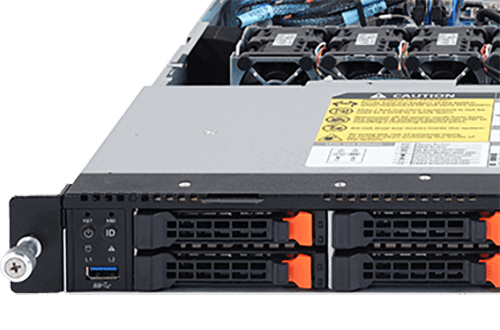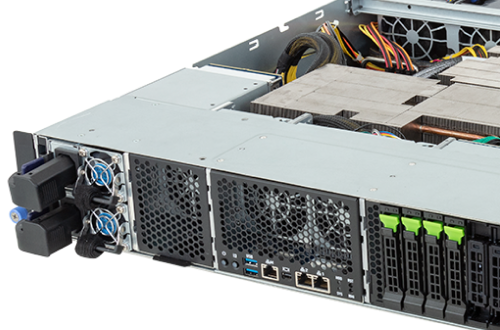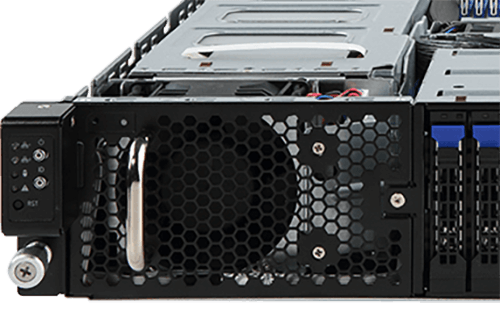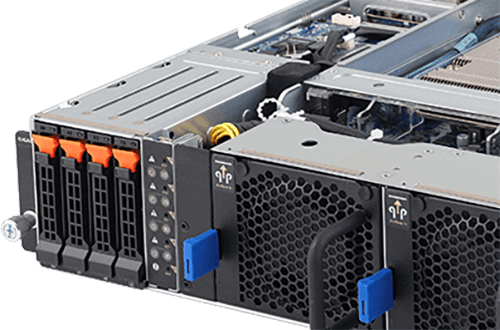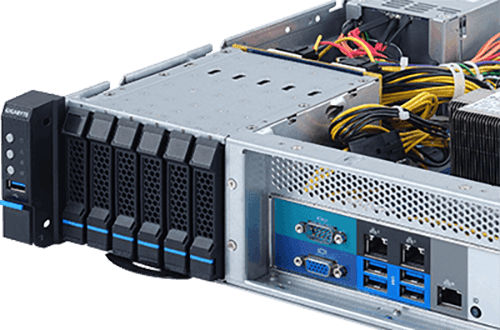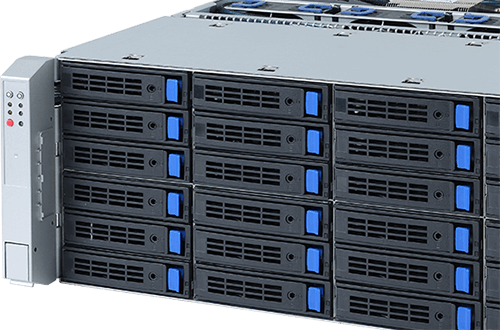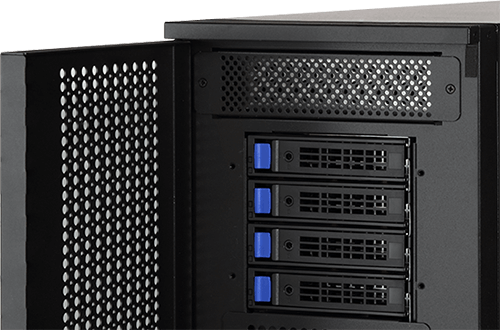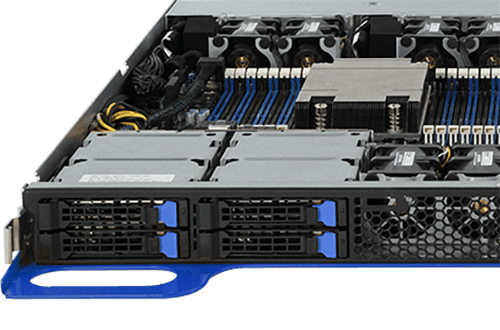Ultra Durable 2 Series
- Powered by NVIDIA GeForce GTX 650 Ti Boost GPU
- Integrated with the first 2048MB GDDR5 memory and 192-bit memory interface
- OC Edition - Core Clock: Base / Boost clock:1032 / 1098 MHz
- Features Dual-link DVI-I / DVI-D / HDMI / DisplayPort
- Support PCI Express 3.0 x16 bus interface
- System power supply requirement: 450W
-
WindForce 2X Anti-turbulence-Parallel inclined Fan

 WINDFORCE™ 2X parallel-inclined fin design is equipped with 2 ultra quiet PWM fans and two copper heat pipes to enlarge air channel on the graphics card vents and creates a more effective airflow system in chassis.
WINDFORCE™ 2X parallel-inclined fin design is equipped with 2 ultra quiet PWM fans and two copper heat pipes to enlarge air channel on the graphics card vents and creates a more effective airflow system in chassis.
more -
Up to 4 displays on a Single Card

Support up to four displays on a single card. Satisfy your multi-screen setup, high definition and extreme gaming experience.
-
Ultra Durable 2

 Ultra Cooling - Low RDS(on) MOSFET Design
Ultra Cooling - Low RDS(on) MOSFET Design Low Power Loss - Ferrite Core Choke Design
Low Power Loss - Ferrite Core Choke Design Longer Life - All-Solid Capacitor Design
Longer Life - All-Solid Capacitor Design -
HDMI Ready
 High Definition Multimedia Interface (HDMI) is a new interface standard for consumer electronics devices that combines HDCP-protected digital video and audio into a single, consumer-friendly connector.
High Definition Multimedia Interface (HDMI) is a new interface standard for consumer electronics devices that combines HDCP-protected digital video and audio into a single, consumer-friendly connector. -
OC GURU ll

Brand-new instinctive user interface, easier to monitoring and adjusting all important settings. Users can set up MONITORING, GPU CLOCK, MEMORY CLOCK,FAN, OSD, ONLINE SUPPORT and update driver, BIOS directly.
-


* A HDMI, a HDMI High-Definition Multimedia Interface és a HDMI Trade dress kifejezések, valamint a HDMI emblémák a HDMI Licensing Administrator, Inc. védjegyei vagy bejegyzett védjegyei.
* The entire materials provided herein are for reference only. GIGABYTE reserves the right to modify or revise the content at anytime without prior notice.
* Advertised performance is based on maximum theoretical interface values from respective Chipset vendors or organization who defined the interface specification. Actual performance may vary by system configuration.
* All trademarks and logos are the properties of their respective holders.
* Due to standard PC architecture, a certain amount of memory is reserved for system usage and therefore the actual memory size is less than the stated amount.







